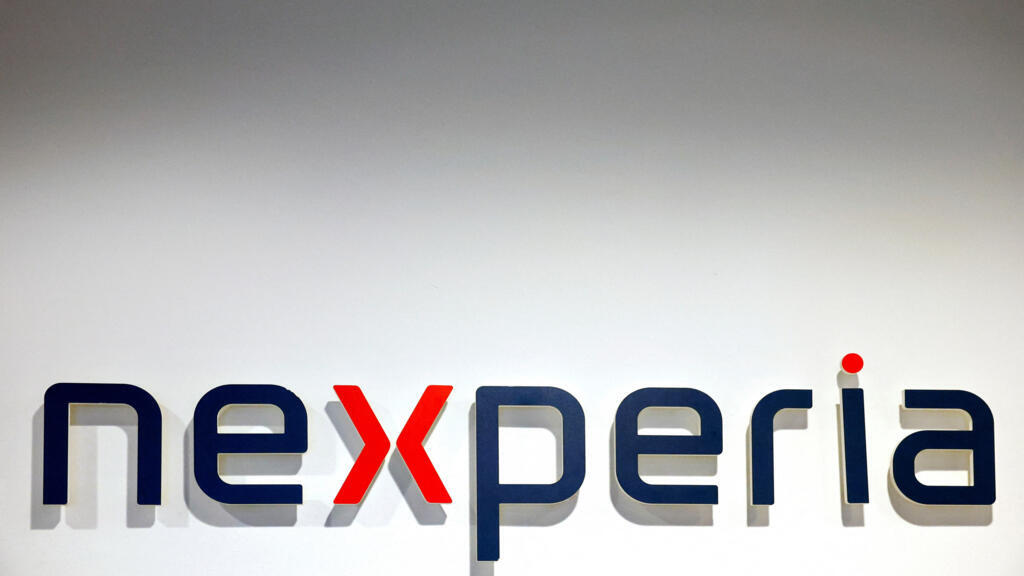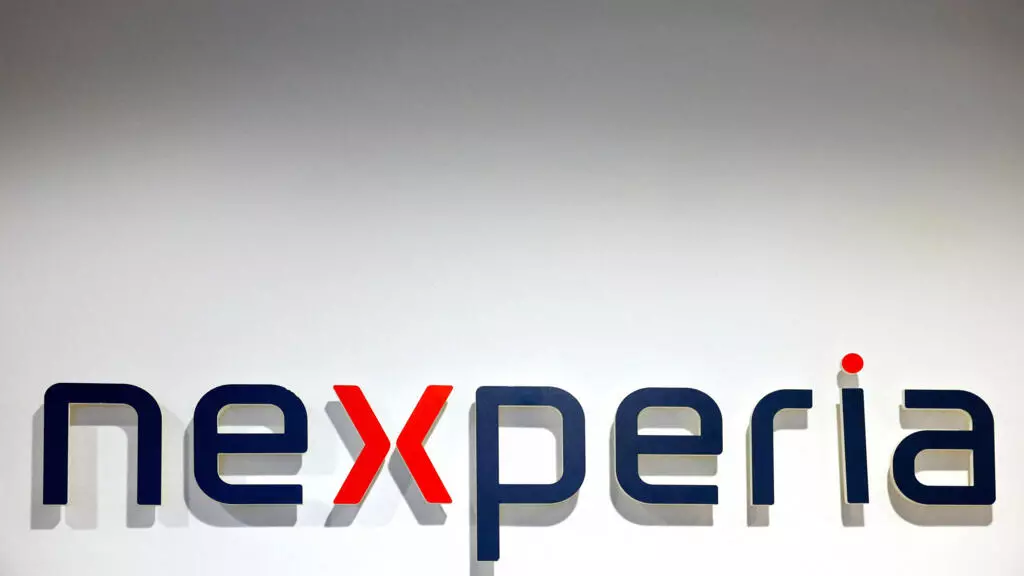The Dutch government has used a law dating back to the Cold War to place the company Nexperia under trusteeship, even though it came under Chinese ownership in 2018. The authorities in The Hague, supported by Brussels, cite “national security” and the risk posed to the European industry’s supply chains.

“The Dutch Ministry of Economic Affairs has determined that Nexperia’s operations in Europe are unacceptably compromised. This situation raises government concerns about the availability of critical semiconductors for the European industry.” The published statement justifies the company being placed under trusteeship. To do this, the government relied on a 1952 law from the height of the Cold War, when The Hague was seeking ways to guarantee its companies’ and citizens’ access to essential goods. This law authorizes the government to take all necessary measures in case of a national emergency.
Nexperia’s Chinese CEO Ousted
Nexperia is based in Nijmegen, a medium-sized city in the eastern Netherlands near the German border, but it employs more than 12,500 people worldwide, in Europe, Asia, and the United States. Nexperia produces semiconductors used in industry, automotive, and consumer electronics. In 2018, the former Philips subsidiary was acquired by Wingtech Technology, a partially state-owned Chinese company listed on the Shanghai Stock Exchange. Specifically, the legal text used by the Dutch government allowed it to oust Nexperia’s Chinese CEO. For a period of one year, the company is also banned from relocating any or all of its operations, dismissing executives, or making any decisions without the approval of the Dutch authorities. This measure has received explicit support from the European Commission in Brussels.
The situation has sparked international reactions. Nexperia has factories in Germany, the UK, the Philippines, and Malaysia, with one of its assembly plants located in China. Nexperia’s activities were already subject to international regulations, as the US administration decided last month to list all overseas subsidiaries of Chinese companies on the entity list subject to strict export controls. In other words, because Nexperia produces sensitive technologies with potential military applications and its owner is Chinese, its exports were under international scrutiny.
Caught in the Trade War Between Washington and Beijing
The company was thus caught in the trade war between China and the United States, and with this takeover, the Dutch government has chosen Washington’s side. A statement published on the company’s website even expresses confidence that a solution can be found with the American authorities. Semiconductor producers in China are commenting on the situation, stating that the Netherlands is using the concept of “national security” to make decisions. China recently imposed new restrictions on the export of rare earths, minerals essential for semiconductor production… in the name of its own national security.
